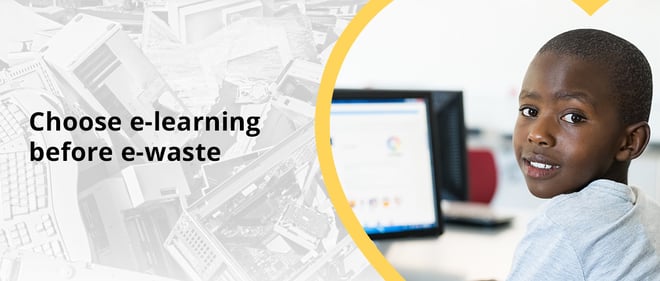

With the concern over climate change growing, and consumers starting to become environmentally conscious, many companies have started to embrace sustainability into their business model. In addition to being the right thing to do, there are strong business reasons for being a sustainable business model, such as improving the company’s brand image, finding cost savings, and increasing cash flow.
Despite the benefits, there are numerous myths about sustainability that give some companies hesitation. Here we will look at some of the myths about sustainability and why sustainable actions are good for the environment and for your business.
Myth 1: It’s a Cost We Can’t Afford
Myth 2: Being Sustainable Means No Money
Myth 3: We Are Not Big Enough
Myth 4: It Requires Lots of Staff
Easy Things Businesses Can Do For Sustainability
In every organisation, there is often a fundamental business reason for being more sustainable. Sustainability can be a competitive differentiator in the best of times and a defensive strategy in the worst of times. Sustainability has also been shown to improve employee engagement which improves productivity and profitability by over 20% according to an analysis by Gallup. Consider including employees next time you donate used computers by having them bring any personal computers they wish to dispose of in a sustainable way.
Many companies have realized that they can resell or repurpose used products and materials that were formally considered to be waste. Here are three examples of companies that have made money from their sustainability programs:
Recover some of your expenses by selling used equipment that is still in good condition or consider donating it.
One does not need to be a blue-chip company like HP to start being sustainable. Both large and small companies can participate in sustainability programmes. Smaller companies may in fact have advantages due to their need to be lean, resourceful, and nimble, which are aspects that sustainability enables. One of the top 5 companies in California for waste-reduction was Numi Organic Tea with revenues of only $15 million.
Related to the size of the company is the myth that any sustainability effort will require a lot of staff to drive and support the programme. But the opposite is true. Many leading companies have sustainability teams of sizes that range from 1 to 4 employees. It is important to remember that sustainability can start at the individual level and scales up with the effort that goes in and each participant in the programme.
There are numerous things that businesses can do to start being more sustainable. Here are a few that business can try scaling and incorporating into their workplace:
Sustainability is not something exclusive to large companies. Companies of all sizes can participate in sustainability. Look for ways to save energy and to donate and repurpose old equipment that might otherwise be thrown away. Contact your supplier to see if they have any recycling or repurposing programs.
Tarsus Distribution is the longest-established IT distributor and the leading distributor of HP products in South Africa. We are positioned to provide credit funding, stock availability and efficient logistics so that resellers can deliver the best possible service and solutions to small and mid-sized end-user customers.
Part of our focus is on generating solutions in response to customers’ needs. We are committed to reducing our environmental impact through internal energy-saving and recycling programmes, and supplying e-Waste containers both internally and to our customers.
Tarsus Distribution has branches in Western Cape, Eastern Cape, KwaZulu-Natal, Mpumalanga, and Free State, with its head office in Gauteng. We have also started extending into the rest of Africa with branches in Namibia, Botswana, and Zambia.

© Copyright 2024 Tarsus Distribution